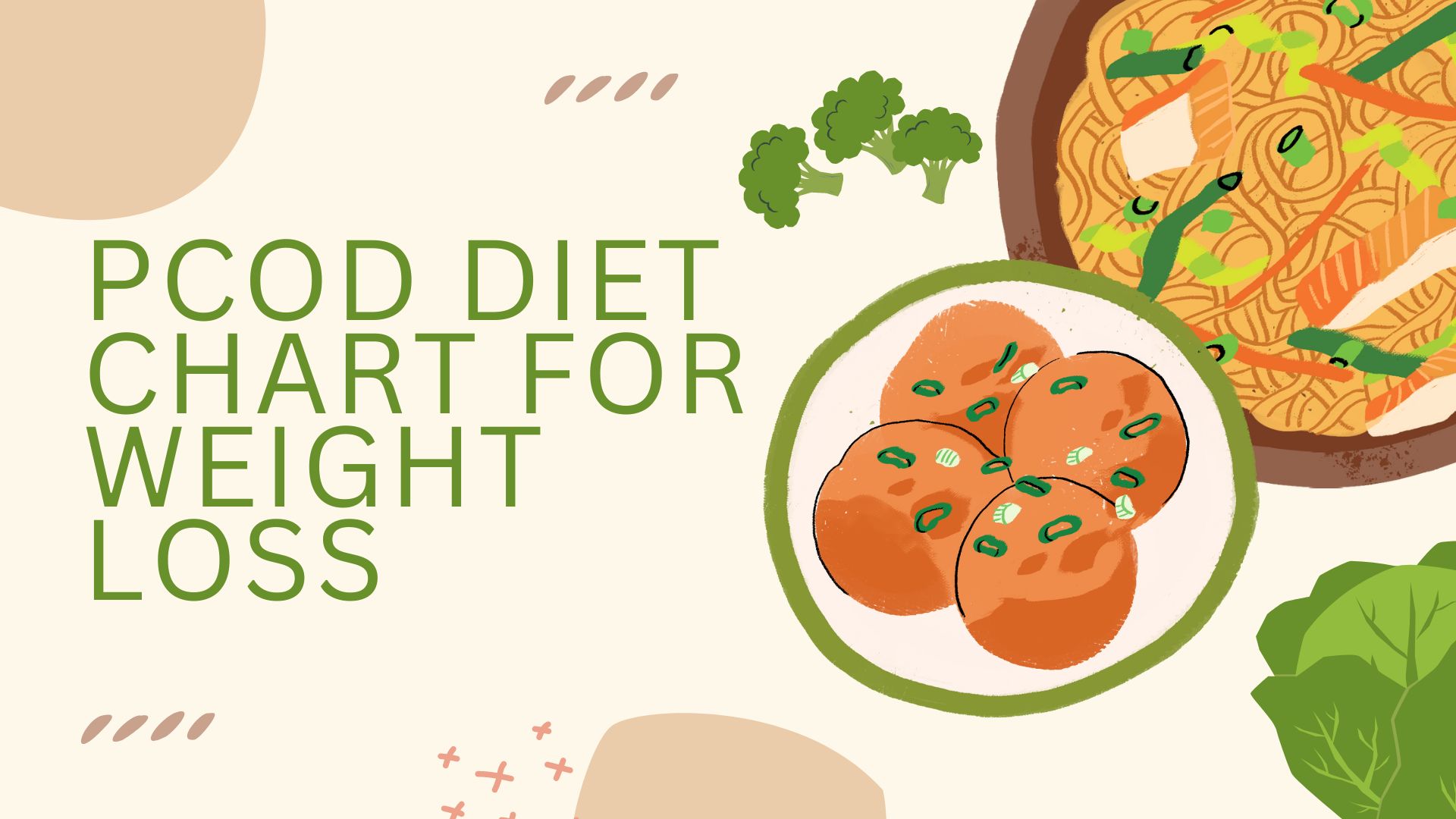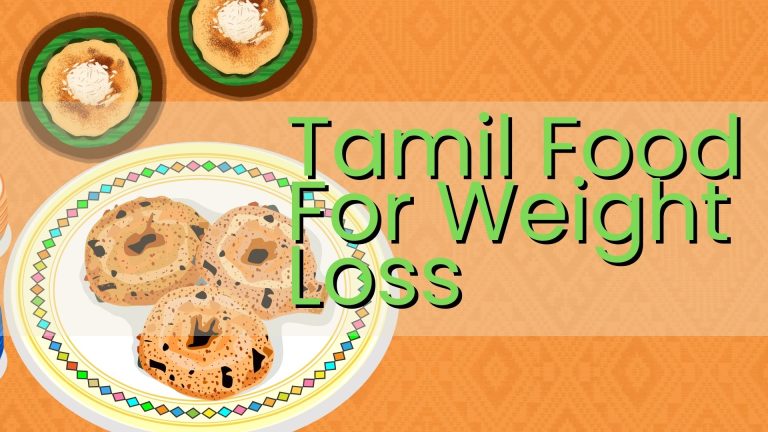 PCOD is a disease that affects many women today. An acronym for polycystic ovarian disease, it is characterized by issues in hormonal functions in the reproductive years. This condition can affect the overall physical and mental health of the people.
PCOD is a disease that affects many women today. An acronym for polycystic ovarian disease, it is characterized by issues in hormonal functions in the reproductive years. This condition can affect the overall physical and mental health of the people.
The issues can affect the patients in several ways. It can manifest itself in several ways which include irregular periods, excessive body hair growth, and weight gain. There is no exact cause of the PCOD is not known. Managing the weight effectively can go a long way in controlling the weight gain and subsequently help you control the disease.
What is PCOD?
Polycystic Ovary Syndrome (PCOD) is an endocrine disorder. It results when the hormones of a woman go out of balance. It can result in your periods. It can also make it difficult for the patient to get pregnant. It can also affect the way you look.
If it is not treated in time, it can lead to serious health concerns such as diabetes and heart issues. Many of the women with PCOD are likely to have cysts in their ovaries. The primary cause of PCOD is not known. However, an excess production of Androgen is the primary symptom of PCOD. This subsequently affects the production and release of eggs. This can lead to irregular or no periods and can thus contribute to weight gain.
Dietary Intervention for PCOD and Weight Loss
One of the critical factors that are associated with the PCOD is the insulin resistance. This is typically characterized by the higher than normal insulin levels in the body. Maintaining proper levels of insulin levels can help you improve the issues with weight gain.
It can help you maintain your metabolic health and assist you in weight loss. Your body needs insulin to convert glucose into energy. If you have PCOD, your body will have insulin resistance. This will make the body fail to produce and use the right amount of insulin. This improper insulin utilization can result in high blood sugar levels in the body, which will lead to multiple issues related to metabolism.
However, weight management is a journey in itself. It requires a positive mindset. Always make sure to set realistic goals. We recommend celebrating small victories. Focusing on your overall health is essential. This will significantly impact your preparedness to resolve the health issues related to PCOD.
Focus on the Nutrient dense foods to control PCOD
It is important to address weight gain in PCOD. The best way to achieve this task is to opt for a healthy and balanced diet. You should focus on a diet that regulates insulin levels. There are several options that you can explore for an improved experience.
 Foods with low glycemic index
Foods with low glycemic index
The low glycemic index foods are digested very slowly. They release glucose slowly into your bloodstream. That would mean eating these foods will not cause any spike in your blood sugar levels. A few of these food options include whole grains, legumes, fruits, and non-starchy vegetables.
Some of the foods with low glycemic index can include.
- Fiber-rich vegetables – Using fiber in your diet ensures proper digestion. It regulates blood sugar levels and also assists in an effective weight loss regime. The oats, lentils, and flaxseeds are a few great choices for the foods with soluble fibers. A few other good options in this context include spinach, broccoli, cauliflower, and beans.
- Whole grains – Whole grains belong to the category of natural and unprocessed foods. They are highly rich in fibers and your body takes a longer time to break them down. A few good options that you can check out can include oats, beans, nuts, dried fruit, or wholegrain rice.
- Lean proteins – Fish and meat are a few great options for lean protein. However, it is advisable to avoid red meat. Some of these options include grilled chicken, fish (especially salmon rich in omega-3 fatty acids), legumes, and tofu.
- Healthy fats – The healthy fats supply omega-3 fatty acids. You can include fish such as tuna, sardines, salmon, and mackerel in your PCOD diet. Fruits like coconuts, olive oil, avocados, and nuts like walnuts, almonds, pine nuts, and pistachios are the best options for healthy fats.
Foods to avoid in PCOD
If you have PCOD, you need to consume healthy food and are also expected to avoid certain foods.
Refined carbohydrates
Always avoid refined carbohydrates (maida). Some of these foods include cakes, pastries, and breads made of refined carbohydrates. These foods come with a high glycemic index and can also result in weight gain. Processed meats also contain refined carbohydrates and should be avoided.
Processed foods
The processed foods would include sausages, salamis, hot dogs, and similar options. These foods can also result in increased insulin resistance and cause weight gain. They are full of refined sugars and other unhealthy fats, making it tough to manage the PCOD symptoms.
Saturated fats
Saturated fats are typically found in red meat, fried foods, and full-fat dairy products. They can cause weight gain and inflammation.
Sample 7-Day PCOD Diet Chart
If you want to manage weight gain and control the symptoms of PCOD, it is a good idea to plan a mealtime chart. A weekly meal plan and diet chart can help you achieve more positive results.
| Day | Mid-meal | Lunch | Evening | Dinner |
| Sunday | 1 cup oatmeal, 1/2 cup berries, 1/4 cup almonds | 1 cup green gram sprouts | 2 Rotis + Fish curry (100 gm fish) + ½ cup cabbage + ½ cup salad | One portion of the fruit |
| Monday | 2 brown bread slices + 1 low-fat cheese slice + 2 boiled egg (white) | One portion of the fruit | 1 cup carrot sticks, 2 tbsp hummus | 1 cup light tea + 2 wheat rusks |
| Tuesday | Two rotis + ½ cup green peas curry | ½ cup boiled black beans | 1 cup rice + ½ cup lentils + ½ cup green vegetable + ½ cup low-fat curd | One portion of the fruit |
| Wednesday | Spinach and mushroom omelet + Whole wheat toast | One portion of the fruit | 1 cup rice + chicken curry (150 gm chicken) + 1 cup cucumber salad | 1 cup light tea + ½ cup brown rice |
| Thursday | 1 cup Vegetable Oats + ½ glass low-fat milk | 1 cup Raw/grilled vegetables and plain yogurt | ½ cup rice + 2 rotis + ½ cup Kidney bean curry + ½ cup Snake gourd vegetable | Baked tofu with stir-fried broccoli and bell peppers |
| Friday | 1 cup mixed veg puffed rice + ½ glass low-fat milk | One portion of the fruit | ½ cup rice + 2 roti + ½ cup Kidney bean curry + ½ cup Snake gourd | 1 cup tea+ + 2 Digestive or Oatmeal biscuits |
| Saturday | 2 pancakes + green chutney | Lentil soup + Quinoa pilaf | 1 cup rice + ½ cup soya chunk curry + ½ cup ladies finger vegetable + 1 small cup low-fat curd | One portion of the fruit |
You can also check out the best meal plans from quanutrition.com. Remember that the chart above is a sample option. The portion size and food choices can be dependent on your specific requirements. A registered dietician and meal plan service should be able to provide you with the best solutions and customized meal plans that suit your individual needs.
Contact our Nutritionists Now
Hydration and Regular Exercise
Apart from a well-designed diet plan, you should also engage in relevant exercises and hydrate. These additional options will help you ensure the best weight loss regime and handle the PCOD symptoms.
Hydration
Drinking at least 2 liters of water daily will help you regulate your appetite. It can also help with overall health, aid digestion, and control hunger pangs. Proper hydration also helps ensure an efficient metabolism.
Exercises
Regular exercises along with a proper diet plan can help you in controlling the weight gain. You should aim for at least 150 minutes of exercise per week. Focusing on the moderately intense exercises which would make an excellent option.
Some activities that make sense can include jogging, cycling, brisk walking, swimming, pilates, and yoga. A proper exercise can also be helpful in improved insulin sensitivity and effective weight management.
Concluding Thoughts
PCOD management does not work as a single-pronged action. The proper diet plays a significant role in a weight loss regime related to PCOD. The tips above should help you adopt a healthy lifestyle. By making effective and efficient dietary choices, you can improve your metabolic health. Make the best lifestyle modifications in the right direction, and we are sure you can achieve the best results.









